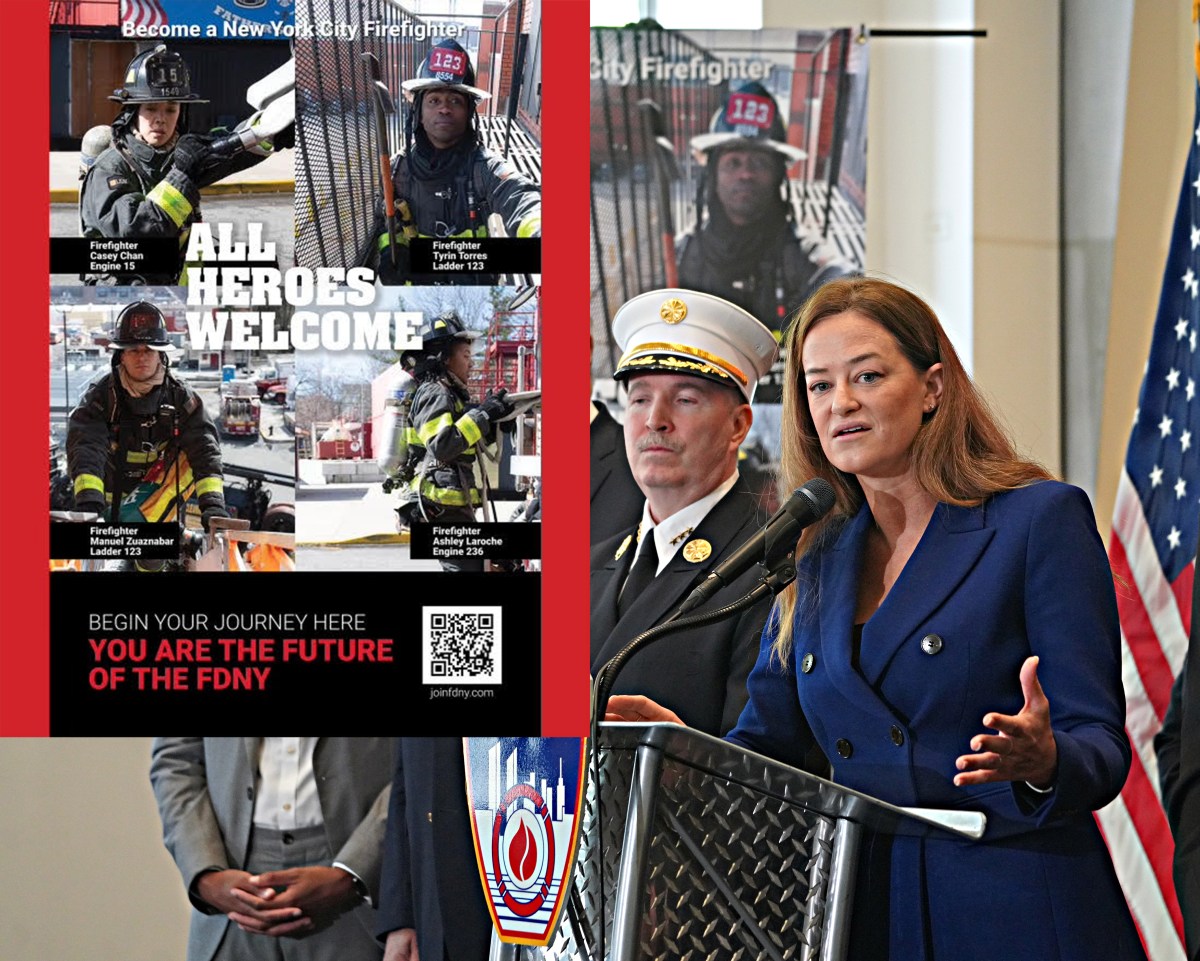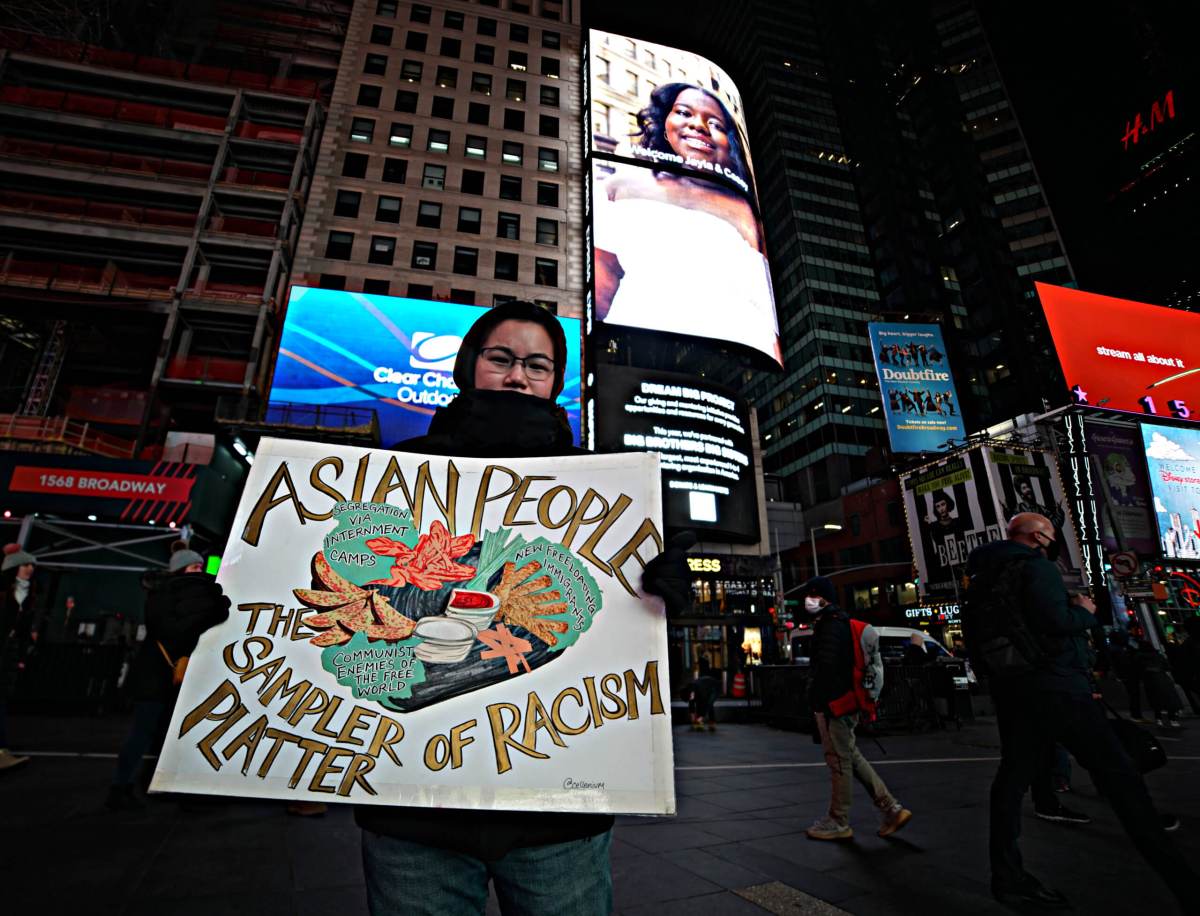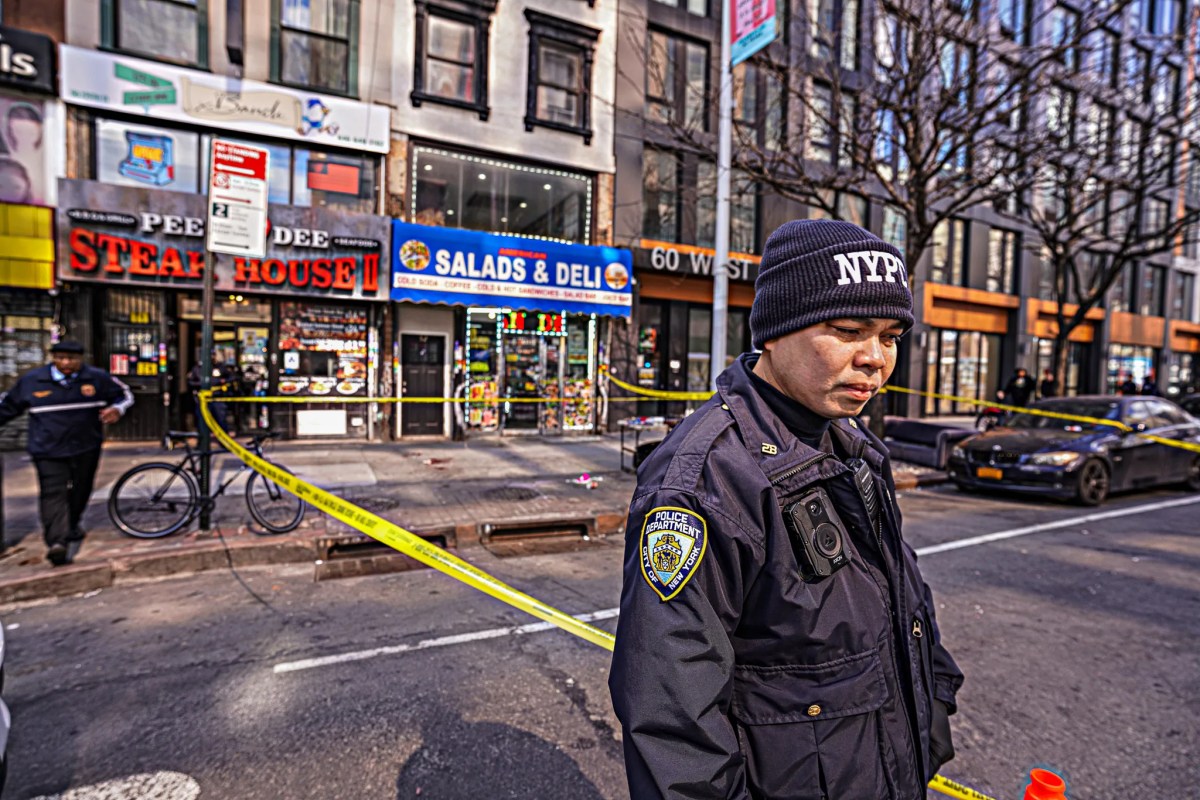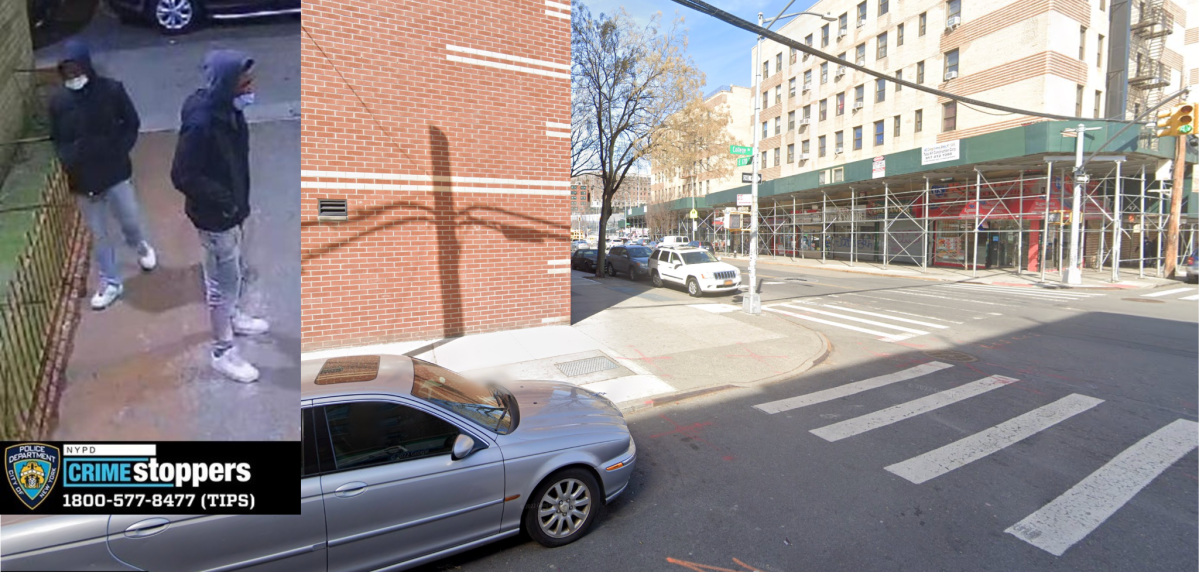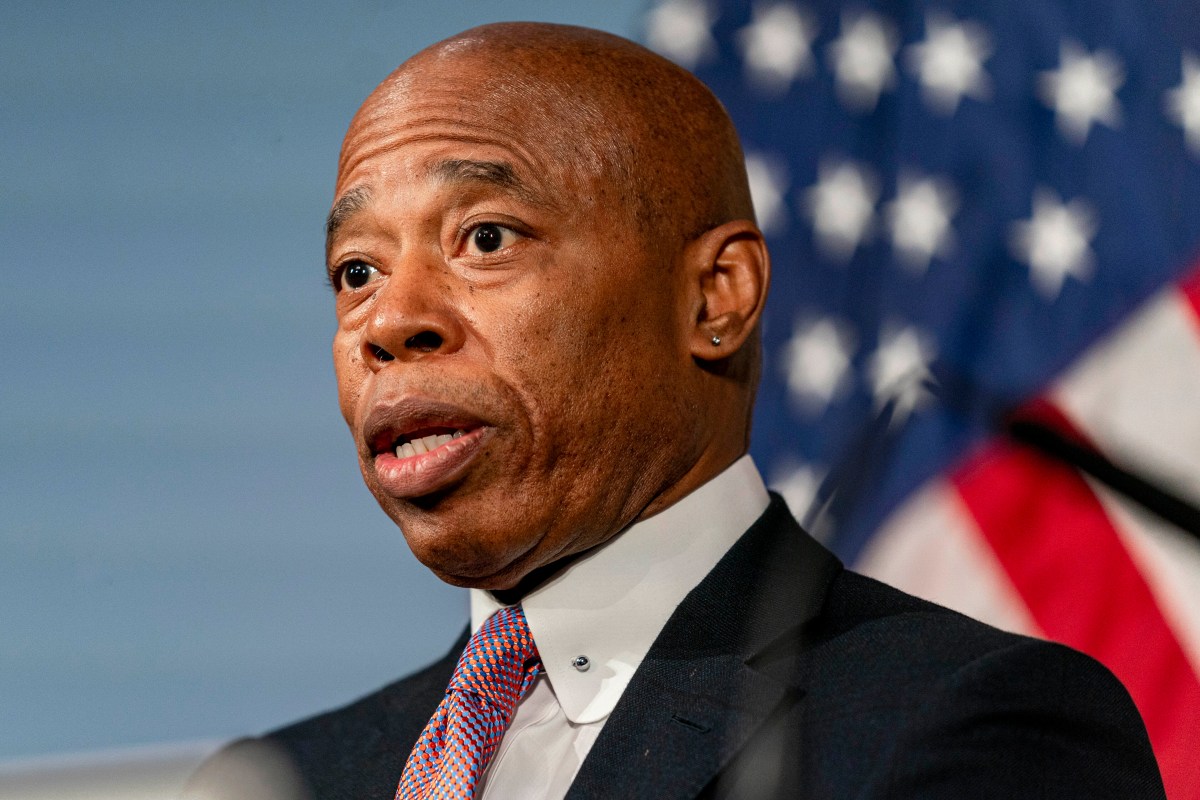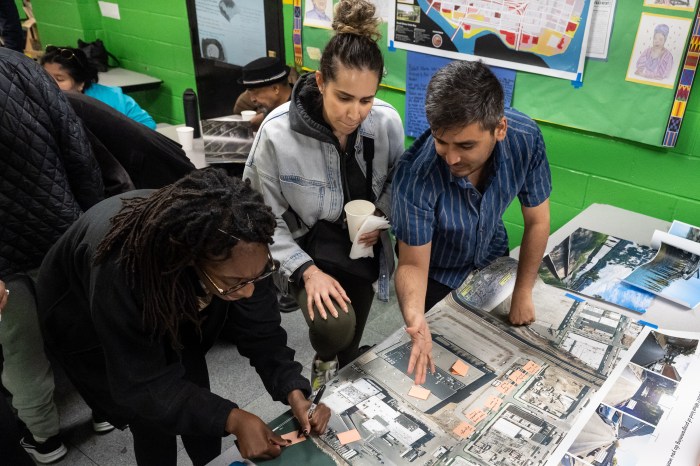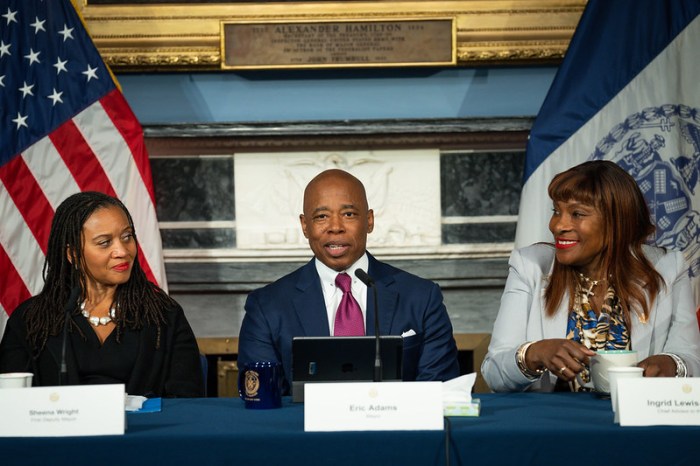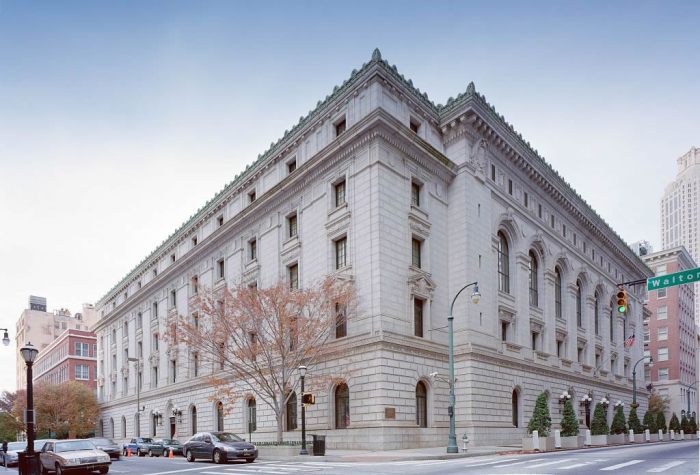South Bronx resident Darius Reed had dreams to be a data analyst and was on track to graduate from the University of Buffalo as the first in his family. But pricey tuition combined with tumult in his personal life and the COVID-19 pandemic forced him to drop out in early-2020, during his junior year. His post-collegiate resume is now filled with shifts in the gig economy and inconsistent employment where he has not earned higher than $25,000 a year.
“I had these dreams to be something, and I see the friends from my sophomore year doing their dreams jobs and it sucks,” Reed told the Bronx Times. “Without that degree, I feel stuck and I don’t have enough (money) to pay tuition.”
Nearly 1 in 5 Bronx residents have college credits but are without a degree — the highest rate in New York City — according to a January report from Center for an Urban Future (CUF), a public policy think tank based in Manhattan. Without a degree, many New Yorkers in the city’s workforce find themselves underemployed or unable to earn sustainable wages to support their family.
However, analysts from CUF suggest that to help a reported 141,539 working-age Bronx residents, ones with some college education but no degree, attain that elusive degree, the Adams administration and New York City Council should replicate an innovative initiative from Tennessee that incentives a return to the state’s public community colleges to complete a credential.
“In NYC’s economy today, a college credential has never been more important for landing a well-paying job,” said Eli Dvorkin, Center for an Urban Future’s editorial & policy director said. “Decades ago, there were more jobs that were accessible to New Yorkers without a college credential that could pay a sustainable family-wage … These days 48 of the 50 fastest-growing sectors that pay middle-income wages or higher, typically require a college degree.”
In 2017, Tennessee launched a first-of-its-kind initiative, Tennessee Reconnect, with roughly 31,000 adults enrolling into the program. The program was a success, as 61% of participating students earned a degree or stayed enrolled and more than 2,000 students completed a credential.
A similar program in New York City, Dvorkin suggested, would incentive and enable 670,271 working-age residents with some college credits — an estimated several thousand New Yorkers New Yorkers are a semester or two away from a degree — to return to CUNY and earn a credential to boost their chances of landing a solid job in the labor market.
A confluence of factors can lead to a student forgoing or delaying their educational track, but academic researcher University of the People reports that a student’s financial situation is the most common reason for dropping out of college.
“In order for a program like this to work, it needs to make a college credential attainable for New Yorkers who have a lot of other competing demands on their time,” said Dvorkin. “The reality is our higher education system isn’t designed to support working adults, parents, and other New Yorkers for whom college isn’t their one and only pursuit.”
On an annual basis, bachelor’s degree holders earn about $32,000 more than those whose highest degree is a high school diploma, according to the Association of Public and Land-grant Universities (APLU). The earnings gap between college graduates and those with even less education widens further.
The COVID-19 pandemic further widened the gap for college credentialed workers and non-credential holders, and industries where college accreditation is prioritized — the technology sector for one — recovered quicker economically during the pandemic. Additionally, industries that do not require a degree like hospitality and retail — which included a 19% of the Bronx workforce in 2021 — suffered mightily and are still struggling to go back to pre-COVID levels of stability.
“What really jumped out about Tennessee Connect was how possible it is for New York City to make a lot more progress in boosting college attainment by really focusing on those New Yorkers who are already so close (to getting a degree),” Dvorkin said.
The program could also be a source of equitable advancement, as according to CUF, 21% of working-age Black New Yorkers, 17% of Hispanic New Yorkers, 11% of white New Yorkers, and 9% of Asian New Yorkers have college credits but no degree. Additionally, Black and Hispanic women comprise 35% of working-age New Yorkers with some college but no degree, despite making up just 26% of all working-age New Yorkers.
“It’s about equity,” says Angie Kamath, dean of New York University’s School of Professional Studies and a former university dean at CUNY for continuing education programs. “In terms of who has the ability and privilege to be a full-time student, to be really focused on education, to get to the finish line. If we don’t address it now — if we don’t actually correct for inequities and get people credentialed in ways that matter to the marketplace and employers — what we are doing is ensuring that the equity gaps get bigger and bigger.”
The report shows that New York City alone is home to nearly as many residents with some college but no degree as the entire state of Tennessee. And, the city’s annual budget, at $102.8 billion, is more than double that of Tennessee’s $41.8 billion.
Reach Robbie Sequeira at rsequeira@schnepsmedia.com or (718) 260-4599. For more coverage, follow us on Twitter, Facebook and Instagram @bronxtimes.


